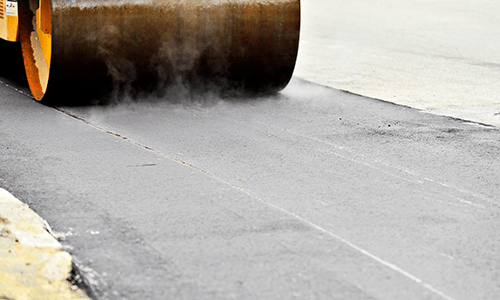A recent decision by the Illinois Appellate Court ruled that a condominium unit owner must pay post-judgment attorneys’ fees (in addition to post-judgment common expenses) before he or she can vacate the judgment and regain possession of his or her unit.
In State Place Condominium Association v. Magpayo, a condominium association filed an eviction action against the unit owner for unpaid assessments. A trial was held and judgment was entered in favor of the association and against the unit owner for money damages (assessments, attorneys’ fees and costs) and for possession of the unit. After trial the unit owner filed several motions, which the trial court denied. The association was awarded additional attorneys’ fees in connection to those various post-judgment motions. The unit owner was eventually evicted from the unit. After the eviction, the unit owner filed a motion to vacate the judgment, which was denied because the unit owner had not paid amounts owed to the association before filing the motion and because the association had leased the unit. The unit owner filed a motion to reconsider, which was also denied. The association was then granted leave to file a petition for additional attorneys’ fees, and the unit owner filed an appeal.
One of the issues on appeal was whether the unit owner was required to pay post-judgment attorneys’ fees before the judgment could be vacated. The unit owner argued that post-judgment attorneys’ fees are not required to be paid before the judgment could be vacated. Is support of that argument, the unit owner relied on Glens of Hanover Condominium Ass’n v. Chiaramonte, an Appellate Court decision from 1987. In Chiaramonte, the Appellate Court held that a unit owner is not required to pay post-judgment attorneys’ fees before he or she can vacate an order for possession in a condominium eviction case.
The Magpayo Court held that Chiaramonte is no longer good law because after that case was decided, the Illinois legislature amended Section 9.2 of the Condominium Property Act (“Act”), which “requires that attorney fees incurred by the Association that arise out of a default be added to a unit owner’s share of the common expenses.” Since the unit owner in Magpayo had not paid in full the amount, including post-judgment attorneys’ fees, necessary to vacate the judgment, the Appellate Court affirmed the trial court’s denial of the unit owner’s motion to vacate.
The Appellate Court’s decision in the Magpayo case is certainly positive for condominium associations. However, one issue that was not expressly addressed by the Magpayo Court is whether the post-judgment attorneys’ fees to be paid by a unit owner must be adjudicated. Generally, attorneys’ fees are subject to a court’s review and adjudication. In Magpayo, the association had already been awarded post-judgment attorneys’ fees by the trial court on one occasion and granted leave to file a petition for fees on another occasion before the unit owner filed the appeal. Certainly, the unit owner was obligated to pay those adjudicated (or soon to be adjudicated) attorneys’ fees in order to vacate the judgment.
It is fairly common that an association incurs some post-judgment attorneys’ fees, which may even be incurred without actually going to court. Although, the Magpayo Court does state that Section 9.2 of the Act requires attorneys’ fees to be added to a unit owner’s “common expenses,” it does not make clear whether those attorneys’ fees must be adjudicated. Accordingly, there remains a question as to whether the Magpayo case requires a unit owner to pay non-adjudicated post-judgment attorneys’ fees before the judgment in a condominium eviction case can be vacated.
Further, although pursuant to the Forcible Entry and Detainer Act (Article IX of the Illinois Code of Civil Procedure), common interest community associations are afforded the eviction remedy in the same manner as condominium associations, the Common Interest Community Association Act does not contain a provision similar to that portion of Section 9.2 of the Condominium Property Act relied upon by the Magpayo Court. Accordingly, a common interest community association will need to be mindful that the Magpayo case may be limited to condominium associations.
In summary, the Magpayo case confirms that Section 9.2 of the Condominium Property Act allows a condominium association to add attorneys’ fees related to a unit owner’s default to that unit owner’s common expenses, and that a unit owner must pay post-judgment attorneys’ fees before a judgment in an eviction action can be vacated.
By Kristofer D. Kasten of Michael C. Kim & Associates. Reprinted with permission. Originally published on IllinoisCommunityAssociationLawBlog.com




 John Butler
John Butler 



